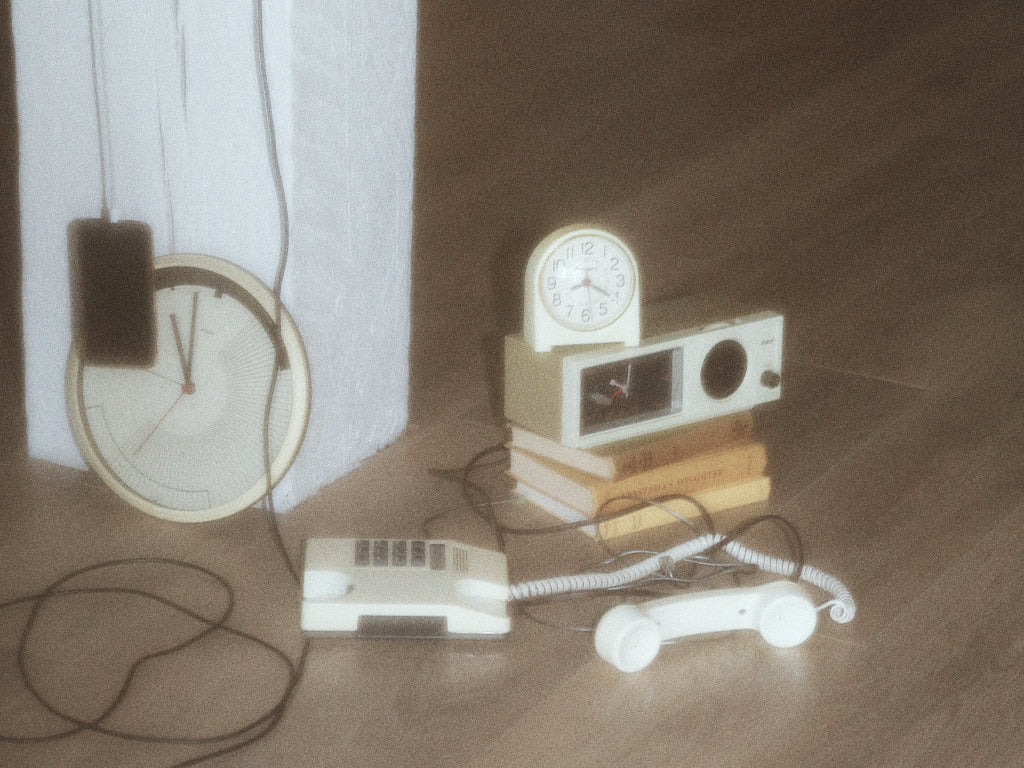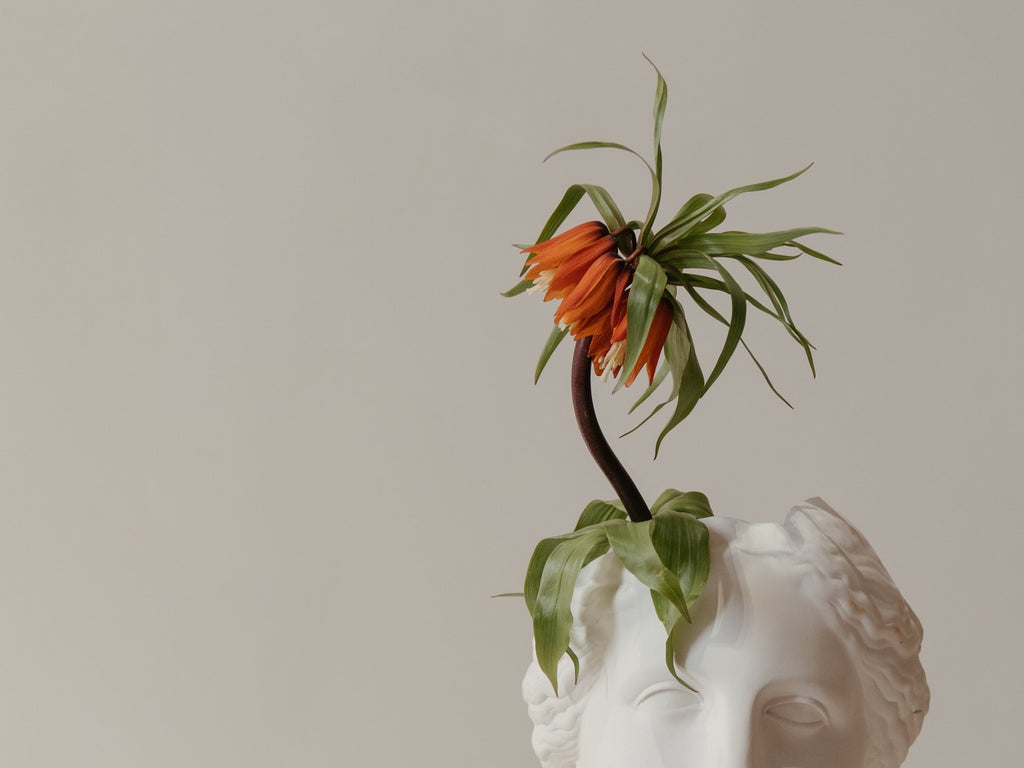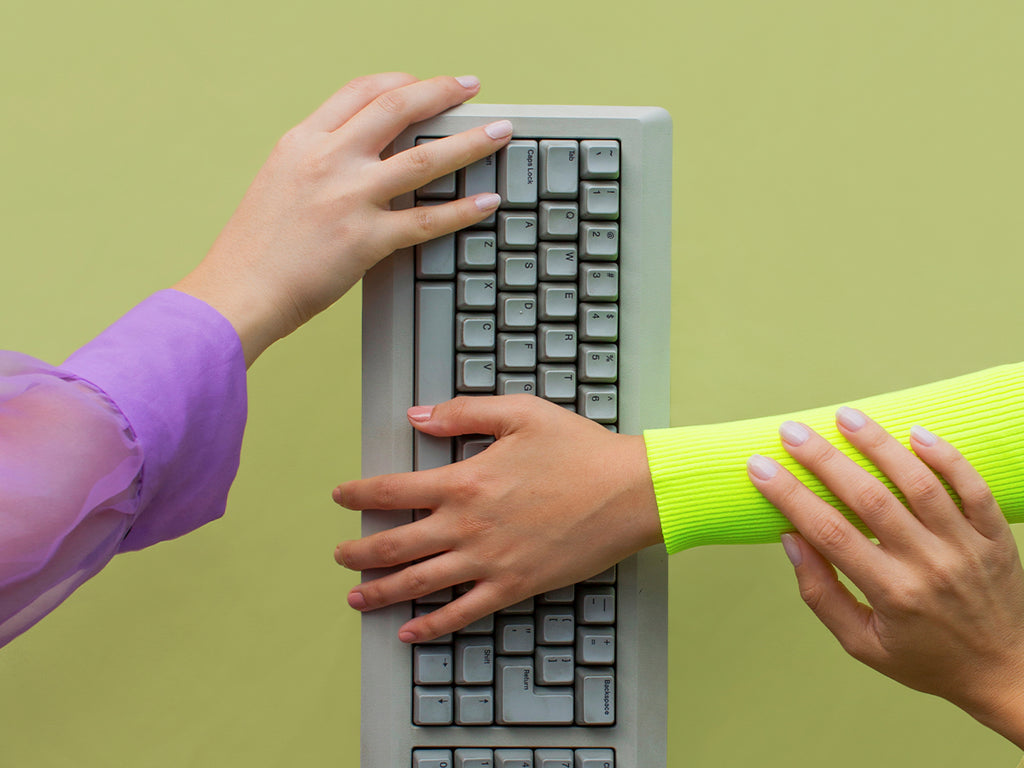This piece was initially published in November 2019. In light of the Black Lives Matter movement’s recent events, we have republished it in order to put relevant content and BIPOC voices at the forefront of the site. We acknowledge the discrepancy between the initial publish date and now, and the uncomfortable truth that this sheds light on. When it comes to hiring Black writers and giving a platform to Black stories, we need to do better. We vow do better. This starts with listening. If you’d like to share your knowledge, guidance or opinions about how we can more responsibly use The Werk as a platform for good in support of BIPOC writers and content, or if you’re interested in contributing to the site, please email us at write@thewerk.co.
Today was an extraordinarily normal day, yet I’m lying on my couch, a glass of wine in one hand, a bag of Cheetos in the other and I am absolutely exhausted. My body aches, my heart is pounding with anxiety and the bags under my eyes are stained with mascara tears.
So, on an extraordinarily normal day, you may wonder: why on earth is this person a total wreck? Let’s rewind to the beginning, some twelve-but-feels-like-forty-eight hours ago. My alarm is screaming at me and the first thing I do is open my phone— I know, I shouldn’t, but I check social media. On my latest gym selfie there’s a comment saying, ‘wow… you’re so brave for wearing that!’. I think it’s supposed to be a compliment but something about it feels funny.
I jump on the bus and a woman grabs the ends of my hair: “this is so interesting!’ she says. I smile awkwardly and move away. I arrive at the downtown building where I’m facilitating a workshop and ask the security guard for the CEO’s office. “Are you sure you’re in the right place?” he asks. I assure him that I am and he calls upstairs to confirm, cringingly mispronouncing my name. The CEO eventually appears, laughing and chatting with my co-facilitator. They bond over their love for golf and pseudo-dislike of their wives. The CEO evaluates me with his eyes and shakes my hand, gripping just above my elbow with the other, holding on for a couple of seconds too long. I smile nervously.
I present my data to the board of executives. They nod curtly, one is texting. I explain to them the importance of diversity and inclusion in the workplace. They blink. Every five minutes, my co-facilitator interrupts me with a joke that always seems to end in “am I right boys?” The room explodes with laughter.
Today was full of microaggressions. Small, subtle, almost invisible acts that in their culmination, landed me here—exhausted and overwhelmed. You see, these microaggressions seem harmless to the perpetrators and bystanders and perhaps if they stood alone, they would just roll off my back. But they never exist on their own, they exist in tandem with not only hundreds of other daily slights, but also much more overt forms of interpersonal and systemic discrimination. When you add all these things up, you find yourself at the scary end of a very painful equation.
Microaggressions are not random—they are ways of upholding existing power structures.
For example, when someone mispronounces your name, or gets you constantly mixed up with someone the same colour as you or touches your hair like its an exotic trophy, those are covert ways of saying, “you don’t belong here.” When someone interrupts you, or is surprised how well you speak English, those are covert ways of saying, “you’re less intelligent than me.”
Most of the time, we don’t intend to hurt people with simple statements, questions or body language, but unfortunately we do. We have to remember that we live in a society that is not kind to a lot of people and has purposefully worked to marginalize, target and oppress certain groups throughout history. So, in 2019, when we do things that imply someone doesn’t belong, it still hurts. A lot.
Sometimes microaggressions are referred to as ‘death by a thousand cuts.’ To me, this is a searingly accurate metaphor. After a long day, where people made seemingly random and harmless comments to me, the collective toll of them became too much to bear. When the woman on the bus touched my hair, I was reminded of being eight years old and wishing my hair was long and straight, not thick and curly. I was reminded of how kids used this piece of my identity - that I couldn’t control - to make me feel different and excluded. Kids will be kids, you may think, but adults will also be adults and just in the same way that I never outgrew the insecurity of having afro hair, the stranger on the bus had never outgrown the idea that my hair was weird, exotic or ugly. Completely unknown to her, the stranger on the bus was the latest of a long line of people to make a Black person feel bad about their hair.
Microaggressions are exacerbated in workplaces where we are typically stressed, tired and distracted. We are often disconnected from our peers, unable to get to know one another in vulnerable and meaningful ways, and are expected to hide our emotions. We are discouraged from deep and raw conversations about race or politics and are unequipped for conflict mediation. We don’t have enough time to actively listen to other’s experiences or work on our empathy skills. Workplaces are breeding grounds for unintentional, yet harmful, microaggressions. These microaggressions happen not because people are mean or careless, but because we all have unconscious biases that inform our interactions with one another.
Unfortunately, I don’t have a quick fix for ending microaggressions in your workplace or day-to-day life. My advice, rather, is to commit to fostering an environment that is open to learning and considerate inquiry. Co-workers need to be comfortable with the sometimes uncomfortable and be given opportunities to cultivate real and vulnerable connections with one another. Most importantly, the workplace needs to be a space where every human can show up as their true, authentic self and be celebrated without question.
This post is tagged as:
You may also like...
The Latest
People & Places
How Ara Katz is Redefining “Self-Care” as Rooted in Science with Seed
The co-founder, mother, and self-proclaimed serial entrepreneur unpacks her philosophy on what it means to be well. Ara Katz hates the word “success”. Not because of its listed definition in a di...

Do Good Werk
9 Passive-Aggressive Email Phrases That Are Basically Evil
A Rosetta Stone for every time you want to :’).

Woo Woo
Get to Know Your Astrological Birth Chart
How to find meaning in the stars — and what it means for you.

People & Places
The 5 Best Places In New York To Meet Your Next Investor
Where to rub shoulders with the city's movers and shakers.

Do Good Werk
10 Unhealthy Thoughts You Convince Yourself Are True as a Freelancer
If you work alone, you might be particularly susceptible to distorted thoughts that hurt your mental health.

People & Places
Creating a Conference-Meets-Summer-Camp for Adult Creatives
An interview with Likeminds founders Rachael Yaeger and Zach Pollakoff This past September, I sat in front of an obituary I wrote for myself after a session with a death doula. No, I didn’t know w...

People & Places
When Something Golde Stays: An Interview with Golde’s Co-CEOs
“For us it was never a question,” says Issey Kobori, speaking of the decision to build a business with his partner Trinity Mouzon Wofford. At just shy of 27, Kobori and Wofford have secured a host ...

Better Yourself
Are They Toxic? Or Are They Human?
There’s a difference between putting up boundaries and putting up walls, and the latter is what breaks relationships.

Do Good Werk
How To Combat Seasonal Affective Disorder At Work
Here’s what to do if seasonal affective disorder starts to take a toll at the office.

People & Places
Reclaiming Womxn's Wellness Spaces from a White-Dominated World
How The Villij built a collective that their community can connect to.









